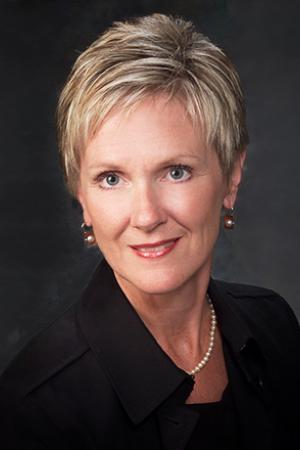
So my medical journals are telling me, AGAIN, that I need to eat better and keep moving. Gee, folks, thanks for the news! But I rarely receive such specific advice as I have these past few weeks. They have handed me very, very clear directions:
- Eat a Mediterranean Diet including extra-virgin olive oil.
- Exercise 300 minutes a week.
Wait… really?
Specifically…for menopausal women…my medical journals are suggesting we do this to avoid breast cancer. Well! That’s pretty specific! And pretty awesome when scientists are paying special attention to my favorite people!
So let’s look at these studies suggesting ways we just might, through diet and exercise, provide our bodies an optimal environment for fighting off breast cancer.
The PREDIMED study, published in JAMA, September, 2015, was conducted in Spain from 2003 to 2009, wherein more than 4,000 women at high cardiovascular risk, aged 60 to 80, were randomly placed on three diets: the Mediterranean diet, supplemented with extra-virgin olive oil (first cold-pressed); the Mediterranean Diet supplemented with mixed nuts; or a Low-Fat diet.
The results of this study have been coming out for some time and have been fascinating. This latest release shows that those on the olive-oil-supplemented diet had a 68-percent lower risk of developing breast cancer than the other participants in the study. It’s one study, of course, and needs to be repeated, but it’s rather fascinating. Earlier outcomes of the PREDIMED study suggested the same diet resulted in a delay in cognitive decline for the same population. There will be more news from this cohort. We will stay tuned.
By the way, when shopping for olive oil, it's best to stick with first-cold-pressed, extra-virgin olive oil for your good health. It costs a little more, but that’s the healthy choice that this study is based upon. Cheaper oils have been heat-treated or chemically treated, and are no longer a healthy choice for your body.
The exercise link is the Breast Cancer and Exercise Trial in Alberta, Canada, published in JAMA Oncology in 2015. The study followed 400 women. Half of them worked out for a half an hour a day, 5 days a week. The other half worked out for an hour a day, 5 days a week. They worked out at 65 to 75 percent heart rate for at least half of their workouts. All without changing their usual diets. The women were overweight, disease-free non-smokers, and they were followed for three years. Subcutaneous and abdominal fat and waist-to-hip ratio decreased significantly more in the high-exercise-volume group. Since body fat increases postmenopausal breast cancer risk, this suggests this higher dose is a better dose of exercise for us to keep the weight off, the body fat down. Lower body fat is a better environment for lower breast cancer risk.
So I’m going to take a brisk walk to the grocery store, buy two big bottles of my favorite extra-virgin oil, and do biceps curls with them on the way home. Or maybe I'll just stay a little longer on my treadmill and have a nice salad with dinner.
To your good health,
Dr. Barb
